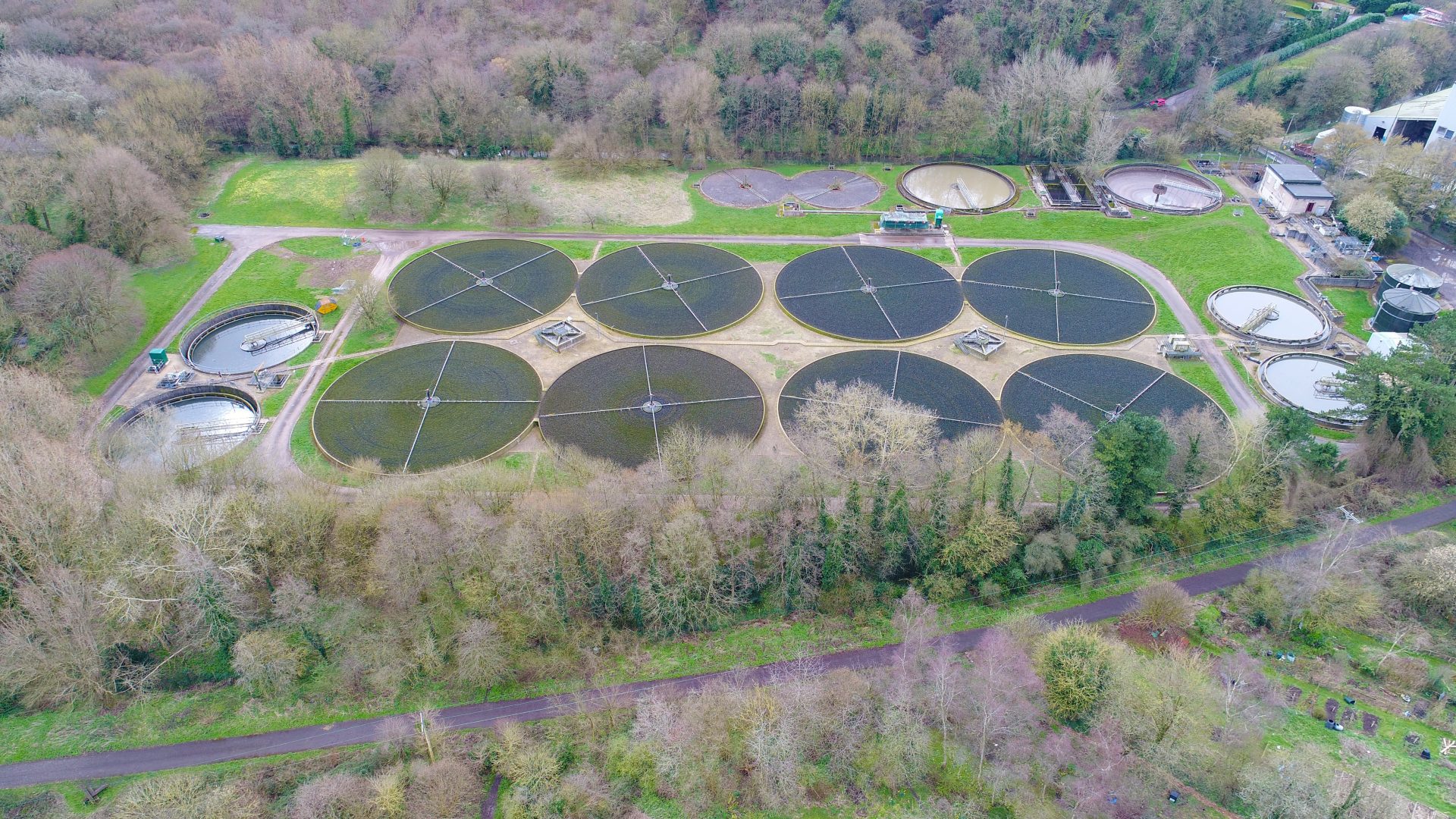The opening stages of more than £12 million of investment towards protecting a small river on the edge of the Mendips got under way this spring.
Teams moved on to the water recycling centre in Radstock to begin a programme of improvements designed to help safeguard the health of the nearby Wellow Brook, which runs through the north Somerset town.
More than £7 million is being invested at the site on Mill Road to beef up the removal of harmful chemicals from wastewater that arrives there.
The Wessex Water work will focus on tackling issues caused by the nutrients phosphorous and nitrogen, which are found within wastewater arriving at water recycling centres.
Agricultural fertilisers, farm slurries, septic tank discharges and domestic wastewater are a regular source of these nutrients, which can cause large growths of algae in streams and rivers, which can damage plants and animals in waterways like the 12-mile Wellow Brook if they deplete the amount of oxygen in the water – a process known as eutrophication.
The site receives wastewater from the towns of Radstock and Midsomer Norton, together with neighbouring villages such as Kilmersdon, Chewton Mendip, Litton and Ston Easton, treating it carefully before it is returned safely to the environment via the river.
Project manager Hannah Sweeney said:
“This major investment will ensure the Radstock site continues to treat wastewater to the highest standards, helping to improve water quality and protect the environment.”
“Upgrading existing equipment, or installing new, helps us meet the challenge of a growing population and means we will continue to meet our obligations for treated wastewater laid down by industry regulators.’’
The Radstock project, which will take place entirely within the existing site boundary, is one of a handful of schemes in place to help protect the ecology of the Wellow Brook, with plans for further multi-million pound investments already well advanced.
Further downstream, more than £2.5 million of enhancements at the rural water recycling centre at the village of Shoscombe are expected to get under way in 2025, helping to enhance the capacity to store excess water during heavy storms which is returned for treatment as part of the main process.
A similar amount is also being invested to do likewise further north at the village of Wellow, just south of Bath, under a project that will start later this year.
Wessex Water has also committed more than £900 million towards stripping out nutrients from wastewater as part of around £3.5 billion of proposed new investment between 2025 and 2030 – more than double the current five-yearly spend – in its recently-published Business Plan.
The plans are being considered by industry regulators before a final decision next year.



